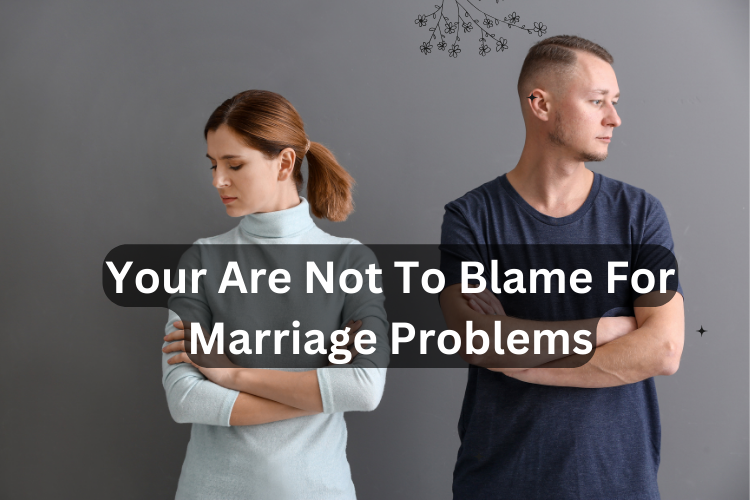
There is conventional wisdom about marriage in this country. It was formulated in part by marriage counselors and therapists, and it goes like this: “Marriage is good. So if your marriage is bad, that means that there is something wrong with you. You don’t handle conflict properly; you aren’t committed enough to your marriage; you aren’t
working at it; you haven’t healed your psychic wounds from childhood,” etc.
This conventional wisdom is wrong. It’s wrong because there is nothing wrong with many of the individuals who find themselves in unhappy marriages. There certainly has been nothing wrong the with many of the hundreds of unhappy couples I have worked with in my 45 years as a marital therapist—including the couples with the most
difficult and heartbreaking problems. They were effective communicators; indeed many of them were lawyers, teachers, public relations people, even writers. They muddled through conflict about as well or badly as the rest of us do.
They were certainly committed to their relationships, having stuck it out over many years of disappointment and frustration. They worked hard on their relationships, with me and often with one or two therapists before me. Most important, as individuals they were mentally healthy, free of childhood wounds, honest with themselves, and well
in touch with themselves.
The only problem for these couples was that they had married the wrong person. They had not married someone with whom they were compatible enough for lasting love.
To understand why compatibility is the key, rather than communication and the other usual suspects, you first have to understand that marital problems are not communication problems. They are failures of understanding despite perfectly adequate communication. We all have experienced something of this in our non-romantic relationships. You’re discussing some important issue, say gun control, with someone whose position is opposite to yours—who believes we all should be packing, and toting an AR-15 for good measure. You understand what that other person is saying. Clearly, you don’t have a communication problem. What you don’t understand is how that person could possibly think and feel the way that he or she does. And that’s because, at least in that one aspect, you are too different from each other. Couples who are incompatible—different from each other in many ways—bump up against that failure of understanding despite adequate communication everywhere they turn.
Now, mutual understanding is the basis of friendship. Just think of yourself and your very best friends. They are your friends because you get each other so completely. The thing is, none us is friends, can be friends, with just anybody. Many incompatible couples never had a true friendship—a romance but not a friendship—and belatedly they realize that they had married someone who, to them, was just anybody.
All conjugal love is based on mutual affirmation. In romantic love, what is being affirmed is the other’s physical-sexual self, and that is so important to us and so powerful that it makes affirming many other aspects of each other virtually automatic. But once the romantic phase ends, as it always does sooner or later, the couple can continue to
affirm each other only if they are compatible: You can affirm an aspect of someone else only if you empathically understand it, and you can understand it only if you are like them in that aspect.
My brief definition of conjugal love is: Love=Best Friendship+Sex. But to ask incompatible couples to focus on their “friendship” is like asking them to make an omelet out of Ping-Pong balls.
The reasons that so many of us marry the wrong person are clear enough: the social pressure we all feel to get married, combined with a sense that our choices are limited, and insufficient understanding of compatibility. Not only do many of us make this mistake, we’re encouraged to by society. Then, when things don’t work out for us,
that society tells us it’s because we are defective somehow—piling insult on injury.
The good news is that people have it in their power to choose the right person, as many people do in their second marriage. People can develop an accurate understanding of compatibility with a romantic partner, choose the right person to marry in the first place—and avoid the stigma an agony of having to figure out what’s “wrong” with either
them or their partner.
Copyright © 2024 by Sam R. Hamburg